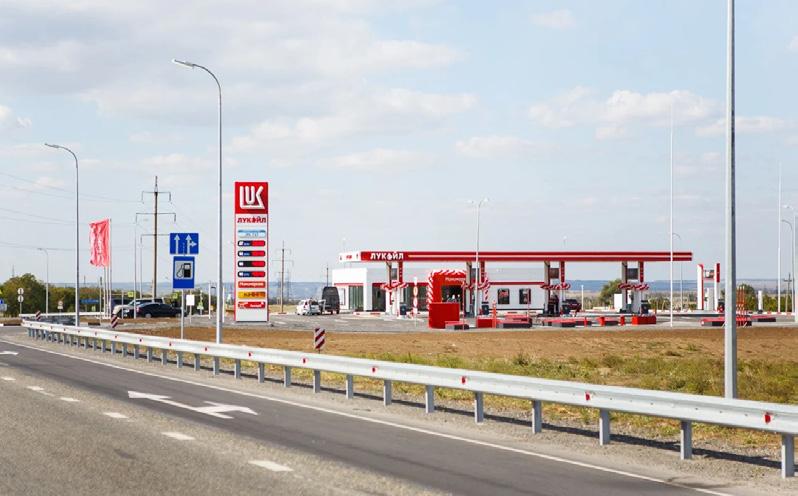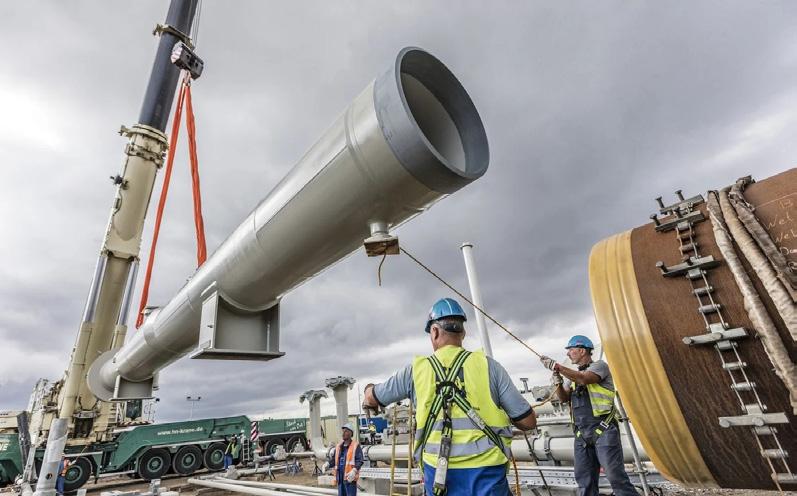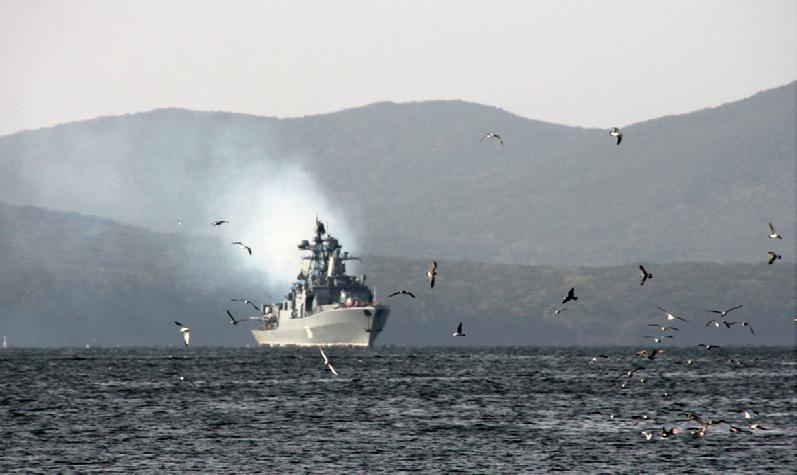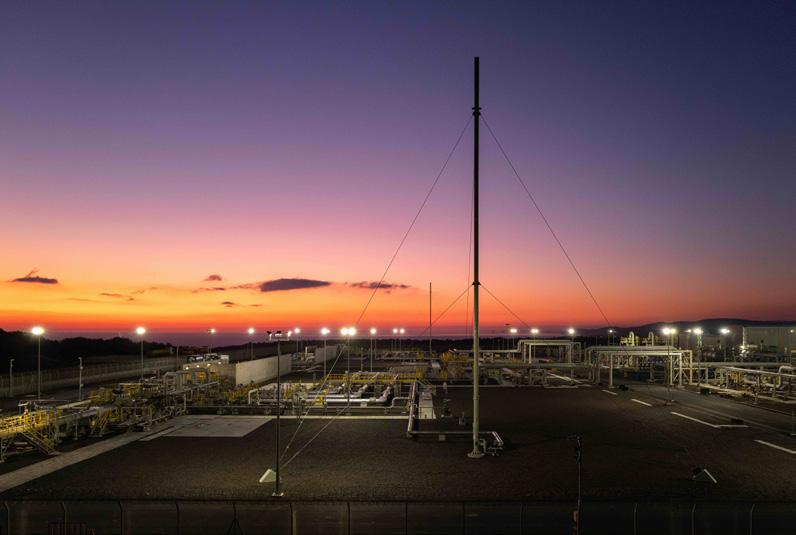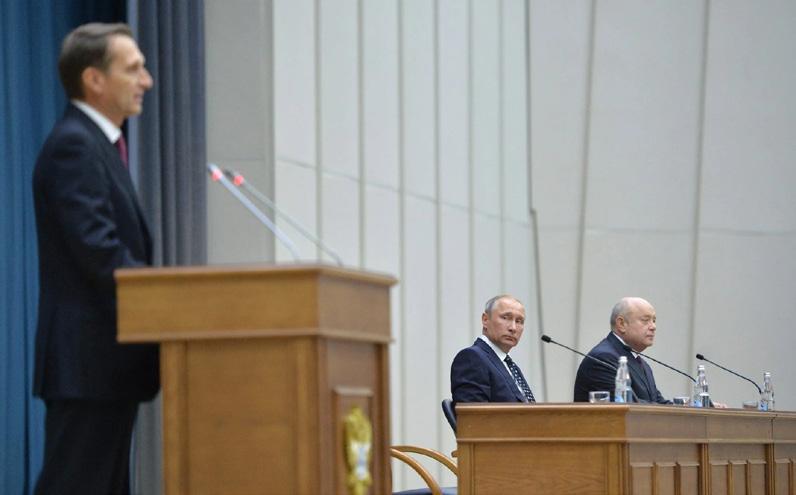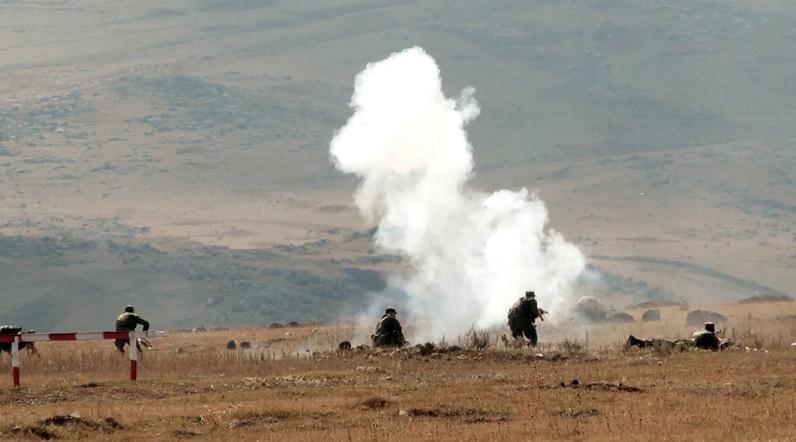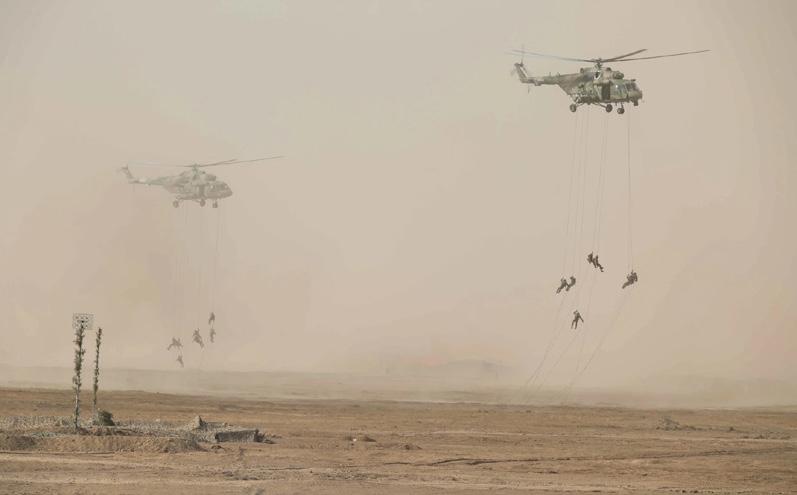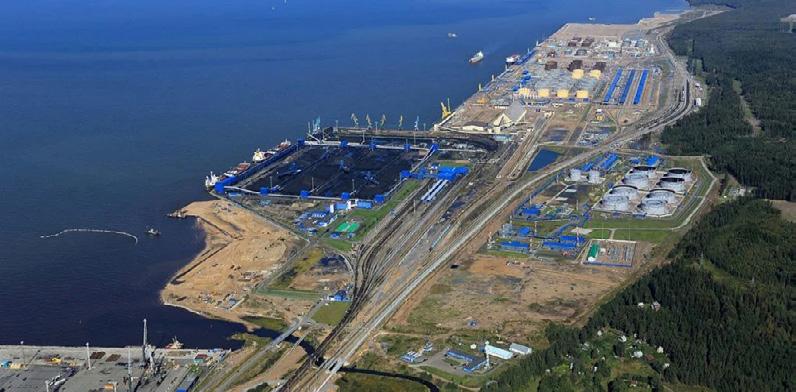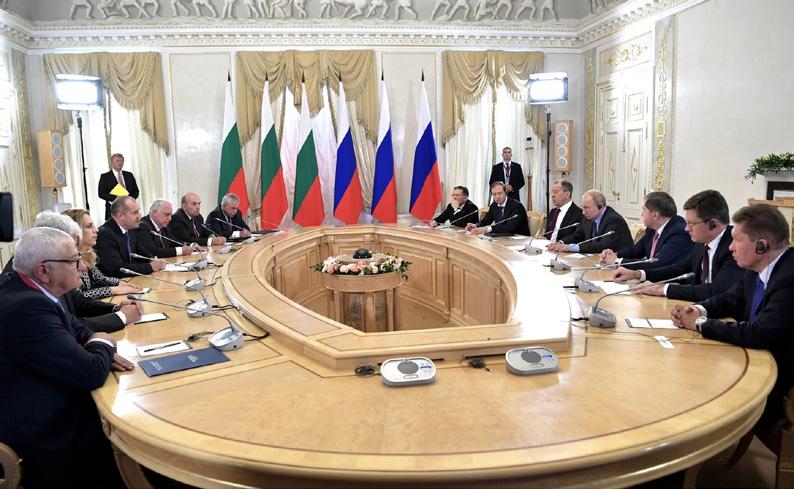
3 minute read
WHY PUTIN DOES NOT WANT TO ANNEX BELARUS
Russia’s gas giant Gazprom showed its average gas price in 2020. It is between $120 and $130 per 1,000 cubic meters, though the Russian energy major sees it close to $130. Also, the company expects its gas supplies to Europe to reach at least 170 billion cubic meters (bcm), thus with no significant changes. The expectations towards the Turkish market exert an impact on Russia’s plans. Gazprom is anticipating an increase in Turkey’s procurement of gas from Russia by the end of 2020. “Turkey’s gas demand arises from factors like the price level and the economic climate,” according to a representative for the Russian energy company. Moscow hopes to see Turkey’s bigger interest in Russian gas commodities since the crude oil index dropped compared with the first six months of 2020. Longer-term deals - like that with Turkey where Gazprom 30 September 2020 backs Lukashenko’s regime.
Belarus has fewer supporters in both countries. In Russia, its popularity rate dropped once Belarus had plunged into political turmoil. A poll carried out by a think tank found that 39 percent of Russians said they would back the idea of a union state between the two, yet earlier this year another survey found that 52 percent of Russians were positively inclined toward a union. The number of these being negotiated how to determine gas prices - are indexed to oil prices. Russia expects to see a rise in Turkey’s gas imports though it assumes this will by no means make up for a decline in exports the country’s companies had struggled with in the first six months of 2020. Between January and June 2020, Gazprom’s gas flows into Europe fell by 18 percent, to 78.9 bcm of gas, compared with 96.4 bcm year-on-year. Russia’s gas deliveries into Turkey dropped by 1.7 times, to 4.7 bcm. Earlier at a videoconference with investors, Andrei Zolotov, the head of the Gazprom Export department, said that the Russian gas giant expected, with cautious optimism, that gas exports to Europe would reach 170 bcm in 2020. Still then, the company said it had seen its European gas price rates ranging from $100 to $160 per 1,000 cubic
Advertisement
Regardless of what might be either illusionary or real plans of the Russian and Belarusian leaders to unify the two countries, polls found that the idea enjoys limited popularity, notably in Belarus. The Kremlin hopes to avoid the rise in antiRussian moods in Belarus, thus being wary of some themes, though, of course, it
Closer integration between Russia and meters in 2020. against has not changed (25 percent against 24 percent), but there are more and more of those having either no option or declaring to refuse to take part in a vote. But in Belarus, there predominates a far more negative stance on the Russian-Belarusian reunification. Before the current political turmoil, a Belarusian poll found that roughly 75 percent of Belarusians were against a union and believed that the two countries should be completely independent
SOURCE: KREMLIN.RU
but maintain good relations with an open border. The survey also showed that some 13 percent backed the idea of a union state including the two, but only 4 percent favored Belarus being incorporated into the Russian Federation. Not surprisingly, Putin excludes the idea of annexing Belarus. This now would not be worth it for the top three reasons. First, the union state is a severe burden for the Russian budget as the Belarusian economy required profound reforms and long-lasting support. Secondly, “reunification” efforts might bolster anti-Russian moods, quite marginal amongst the Belarusian nations, and imbue protests - being in fact geopolitically pro-Russian - with a clearly pro-Western stance. Thirdly, any attempts to annex Belarus into Russia would spark outrage in the West while aggravating Moscow’s spat with NATO, the EU, and the U.S.

